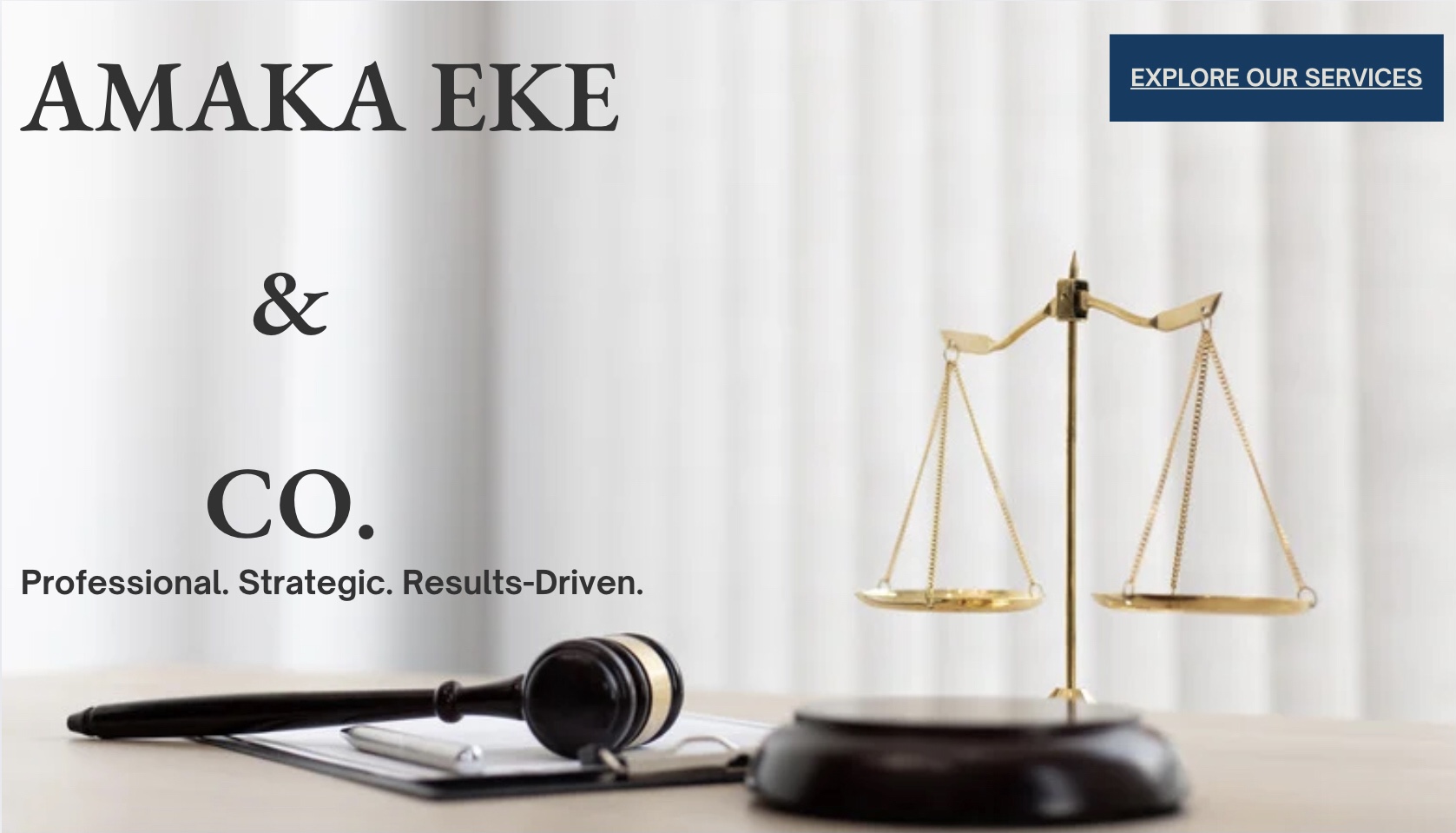Being invited for an interview by a security agency in Nigeria during an investigation can be an intimidating experience. Whether you’re a witness, a person of interest, or someone with relevant information, understanding what to expect can help you navigate the process more effectively. Here’s a guide on what you might encounter and how to prepare.
1. Purpose of the Interview
First, it is important to understand why you’ve been invited. Security agencies in Nigeria, such as the police, the Department of State Services (DSS), or the Economic and Financial Crimes Commission (EFCC), may invite individuals for interviews for various reasons, including:
• Witness Testimony: You may have been identified as someone who can provide crucial information related to the case.
• Person of Interest: You could be someone they believe has a connection to the investigation.
• Clarification of Facts: The agency may want to clarify certain details or verify information.
If possible, try to get clarity on the purpose of the interview before attending.
2. Venue and Setting
The interview will likely take place at the agency’s office, which could be a police station, DSS office, EFCC office or the headquarters of a specialized unit. The setting might be formal, and you could be interviewed in an office or an interrogation room, depending on the gravity of the situation.
3. Legal Representation
In Nigeria, it is within your rights to have legal representation during such interviews, especially if you are a person of interest. Having a lawyer present can ensure that your rights are protected and can help you navigate any legal complexities. If you haven’t already, consider consulting with a lawyer before the interview [1].
4. Questions and Information Gathering
During the interview, expect a series of questions related to the investigation. These questions could range from:
• General Questions: About your background, occupation, and relationship to the parties involved.
• Specific Inquiries: Focused on events, dates, times, and your role or observations regarding the matter under investigation.
It’s crucial to answer truthfully and accurately. Avoid speculation or providing information you are unsure about, as this can lead to further complications [2].
5. Documentation and Evidence
You may be asked to provide documentation or evidence relevant to the investigation. This could include emails, phone records, financial documents, or any other material that might aid in the investigation. Be prepared to produce these if requested, and ensure you understand the implications of sharing such information [3].
6. Record of the Interview
The interview will likely be recorded, either through written notes or audio/video recording. This is standard procedure to ensure that an accurate record of the conversation is kept. You may be asked to sign a statement or provide a written account of your responses [4].
7. Possible Outcomes
After the interview, there could be several outcomes:
• No Further Action: If the agency is satisfied with your responses, they may not require anything further from you.
• Follow-Up Interviews: You might be asked to return for additional questioning or to clarify points raised during the initial interview.
• Further Investigation: If new information comes to light, you may be subject to further scrutiny or investigation [5].
8. Maintaining Composure
It’s natural to feel anxious in such situations, but try to remain calm and composed throughout the interview. Answer questions clearly and concisely, and avoid becoming defensive or confrontational.
9. Understanding Your Rights
Remember that you have rights under Nigerian law, including the right to remain silent and the right to avoid self-incrimination. If at any point you feel uncomfortable or unsure, it is within your rights to pause the interview and seek legal counsel [6].
Conclusion
Being interviewed by a security agency during an investigation in Nigeria is a serious matter. Understanding the process and knowing your rights can help you navigate the experience more effectively. Ensure you are prepared, consider legal representation, and stay truthful and composed throughout the interview. This approach will help you manage the situation and contribute appropriately to the investigation.
References
1. “The Right to Legal Representation,” Nigerian Legal Information Institute. Available at nigerianlegalinfo.org.
2. “Handling Police Interrogations in Nigeria,” Nigeria Bar Association. Available at nba.org.ng.
3. “Providing Evidence During Investigations,” Nigerian Police Force. Available at nigeriapolice.gov.ng.
4. “Interview Recording Protocols,” Department of State Services. Available at dss.gov.ng.
5. “Post-Interview Procedures,” Economic and Financial Crimes Commission. Available at efccnigeria.org.
6. “Understanding Your Rights in Nigeria,” Legal Aid Council of Nigeria. Available at legalaidcouncil.org.ng.
Legal Disclaimer
This blog post is for informational purposes only and does not constitute legal advice. For specific guidance related to legal matters and interactions with security agencies, please consult a qualified legal professional.

Leave a Reply